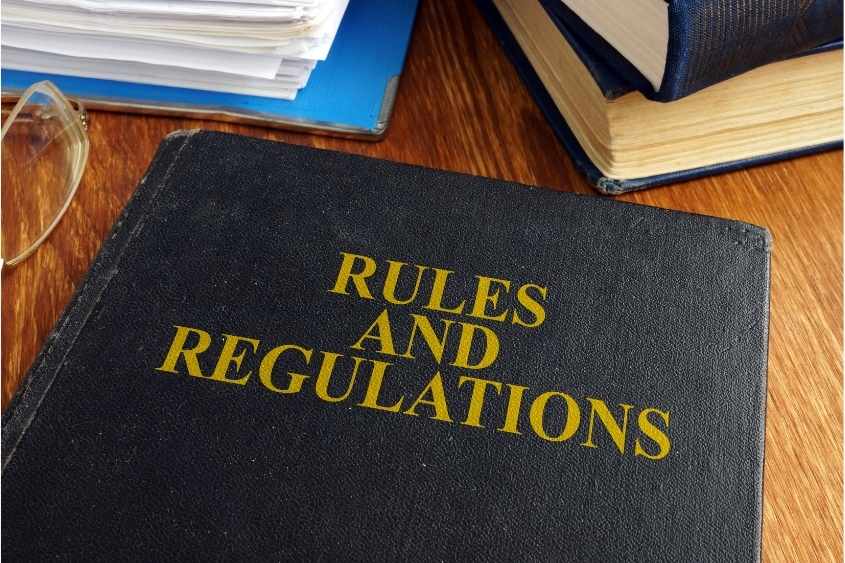These formal steps can only be authorised by the committee.

Understanding Body Corporate Disclosure Statements
In Queensland, the law mandates that sellers of lots in community title schemes provide a disclosure statement to prospective buyers before entering into a contract.





